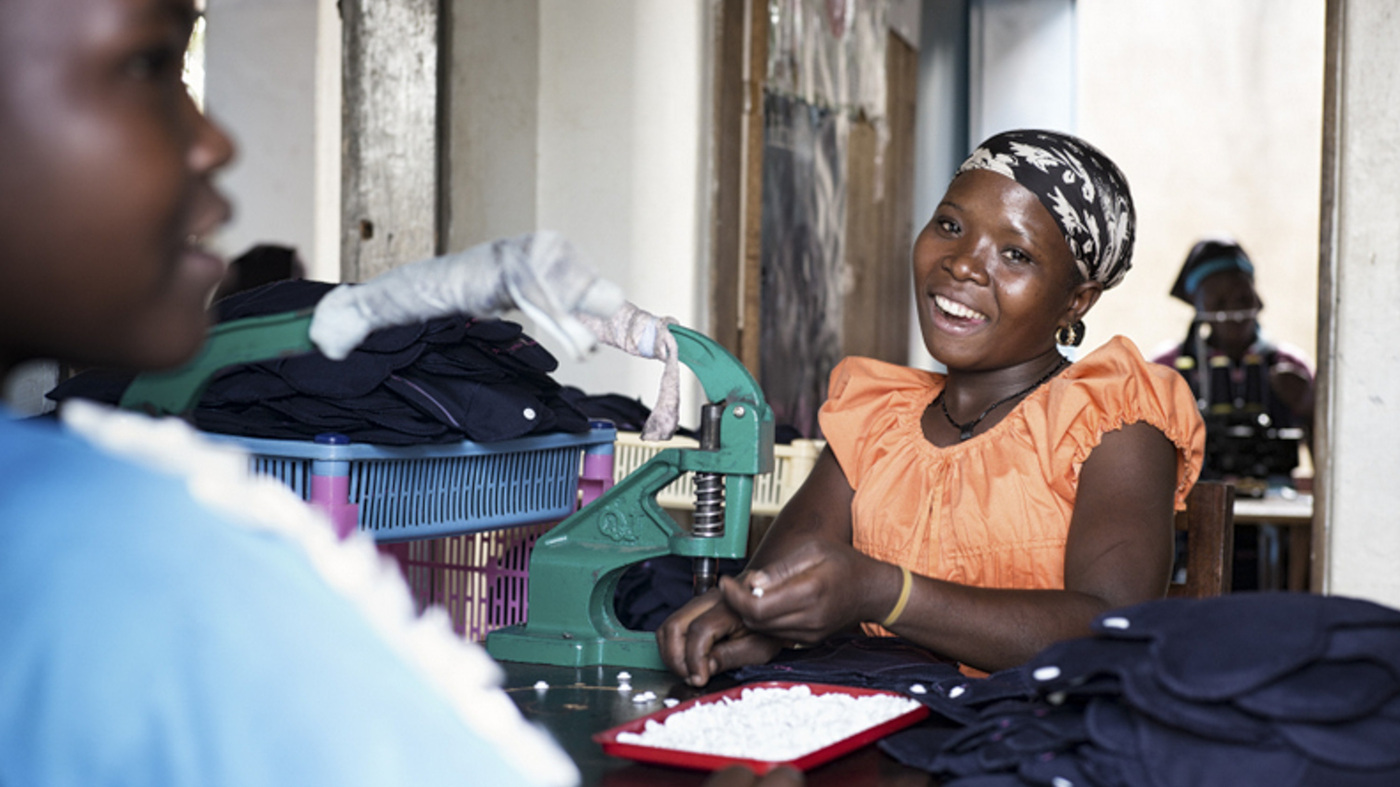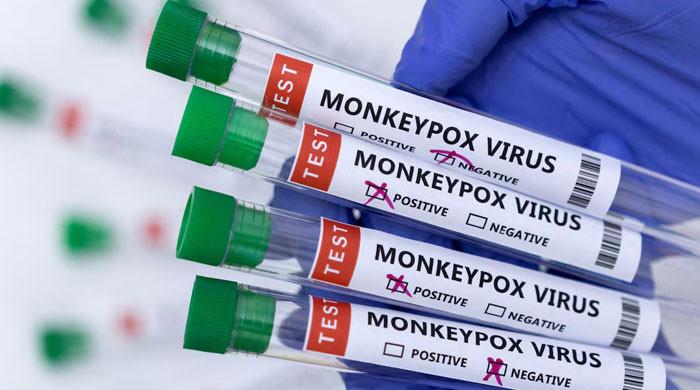Why are people buying sanitary pads in two-packs in Nigeria?

There is no way a woman can have her period with only two disposable sanitary pads.
A usual box of eight pads is insufficient, but in Nigeria, a sachet, or small plastic pouch holding two pads, is now frequently available as a cost-effective alternative. The sachet may be perceived as a practical, portable option in affluent countries, but it is seen as something more worrying in Nigeria.
According to women’s health activist Dr. Chioma Nwakanma, the look of the sanitary pads in these small packs was “mind-boggling.”
They are not convenient, but rather a more challenging option for some women who can no longer afford to cover their entire period.
The spread of these sachets of vital products and processed food items in Nigeria tells a story about how the cost of living has changed.
The cost of living has risen to the point where some have dubbed it the “sachet economy,” with yearly inflation reaching 18 percent in March of last year and food inflation reaching 23 percent.
Apart from sanitary pads, everything from baby food to cooking oil to morning cereal may now be purchased in smaller volumes, making them more affordable as price hikes have outpaced income increases.
The sachet epidemic became apparent near the end of 2020, when images of things that people believed had never been seen in little packs before, such as Baileys cream liqueur, were shared on social media.
In December 2020, the borders were reopened, although there are still shortages.
Basic economic theory predicts that when demand exceeds supply, prices will rise.
Meanwhile, excessive prices are having a significant influence on people’s lives. According to the World Bank, rising inflation has pushed another seven million Nigerians into poverty. The overall population has already surpassed 100 million, accounting for about half of the country’s population.
Although inflation may have reached its high, it is uncertain when it will begin to decline to more manageable levels. In the meantime, as families strive to stretch their family finances to cover essentials like sanitary pads and veggies, the sachets will be here to stay.






